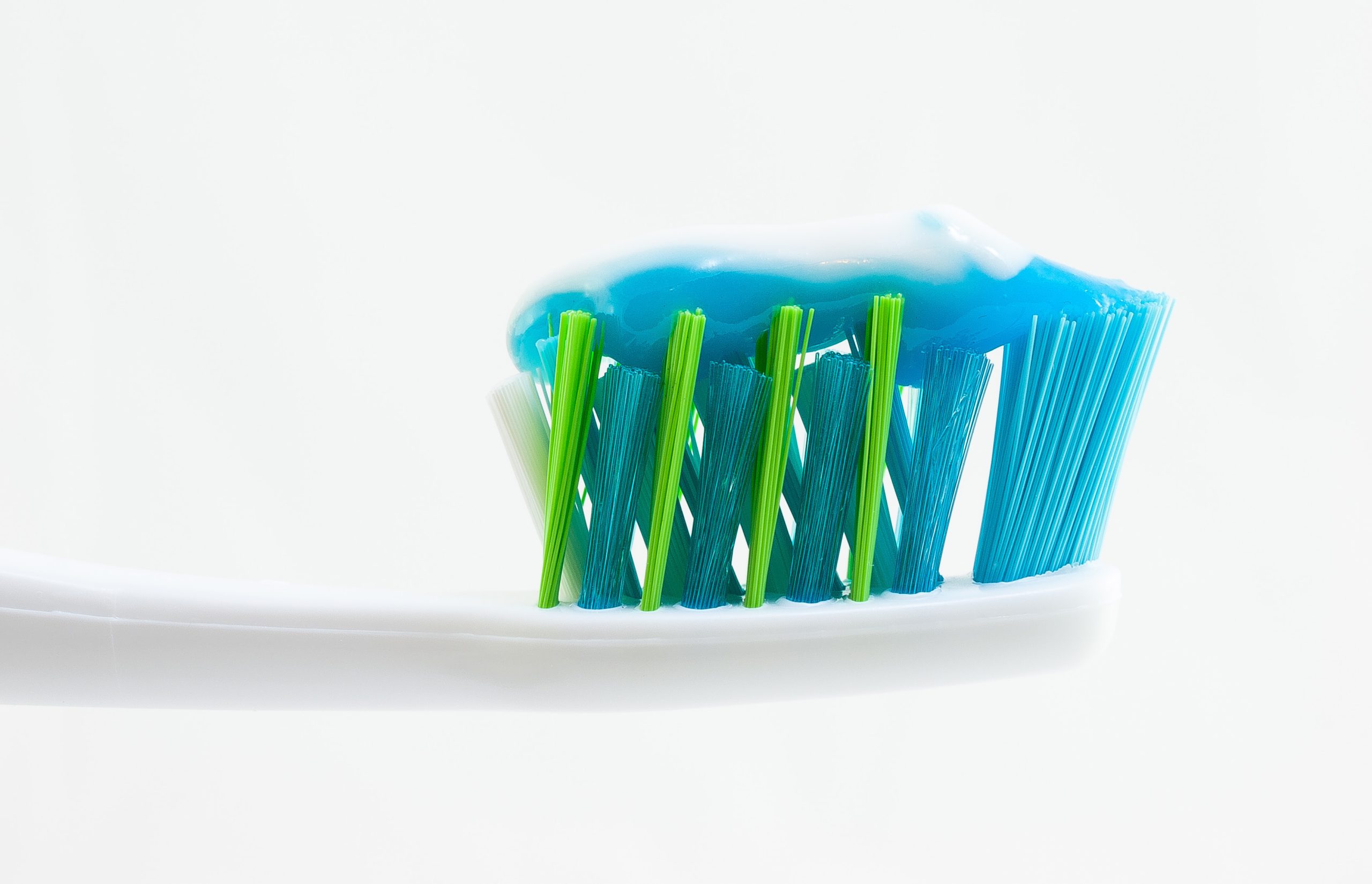
7oaks Clinic Blog features news and industry insight around dental implants and dental implant technology

Published by 7oaksclinic blog on 27 November 2023 9:08 am

Fluoride is a common mineral associated with dental health and good oral hygiene, often being found in toothpaste and sometimes added to water supplies – but what is it and how does it help your teeth?
Fluoride Dental Benefits
Fluoride is a naturally occurring mineral found in water in varying amounts, depending on where in the UK you live. It can also often be found in many brands of toothpaste and, in some areas, to the water supply through a process called fluoridation due to its ability to help strengthen tooth enamel – making your teeth more resistant to tooth decay, and reducing the amount of acid that the bacteria on your teeth produce. Including fluoride toothpastes or mouth washes in your dental hygiene regime can have a great impact on your overall dental health, as well as the maintenance of dental implants and (in the case of tooth loss) your remaining teeth.
However, it is important to monitor the use of fluoride toothpastes or other products by children, who need a far smaller amount of fluoride to effectively benefit their dental health. Too much can result in a condition called dental fluorosis while their teeth are still developing, where the tooth’s protective enamel is negatively affected. If you have any concerns over fluoride for yourself or your children, consult with your dentist!
Tooth Decay & The NHS
The NHS gives us the following information on Tooth Decay and Fluoride Toothpastes:
Tooth decay, also known as dental decay or dental caries, is a major health concern worldwide and is still a big problem in the UK.
Tooth decay is the destruction of tooth tissue caused by acids made by bacteria in dental plaque. Dental plaque is a sticky film that constantly forms on the teeth. Each time you have sugary food and drink, the bacteria in plaque produce acid that attacks teeth.
If you eat or drink sugary foods frequently throughout the day, you have more “acid attacks,” which can lead to tooth decay. This can eventually lead to cavities (holes) in the teeth and infection, which is why teeth sometimes need to be removed.
Brushing your teeth thoroughly with fluoride toothpaste is one of the most effective ways of preventing tooth decay.
A range of toothpastes are available containing different levels of fluoride. The amount of fluoride in the toothpaste can be found on the side of the tube and is measured in parts per million (ppm).
Toothpastes containing 1,350 to 1,500ppm fluoride are the most effective. Your dentist may advise you to use higher-strength toothpaste if you or your child is at particular risk of tooth decay.